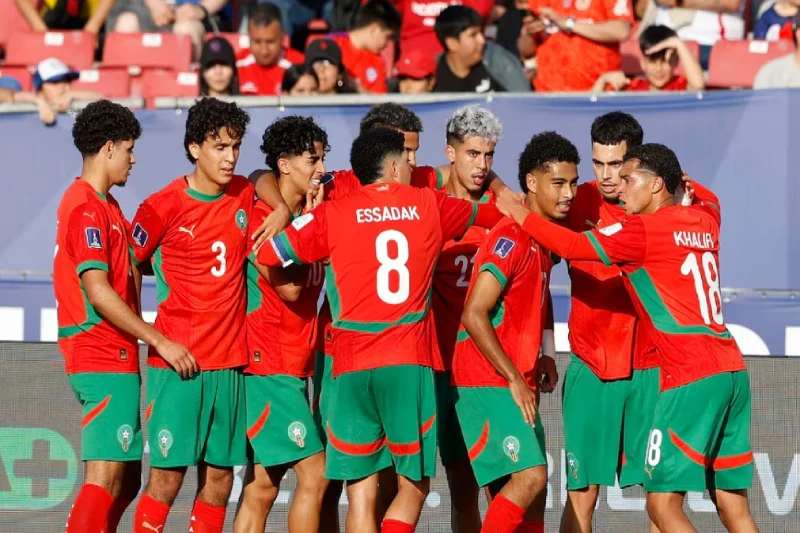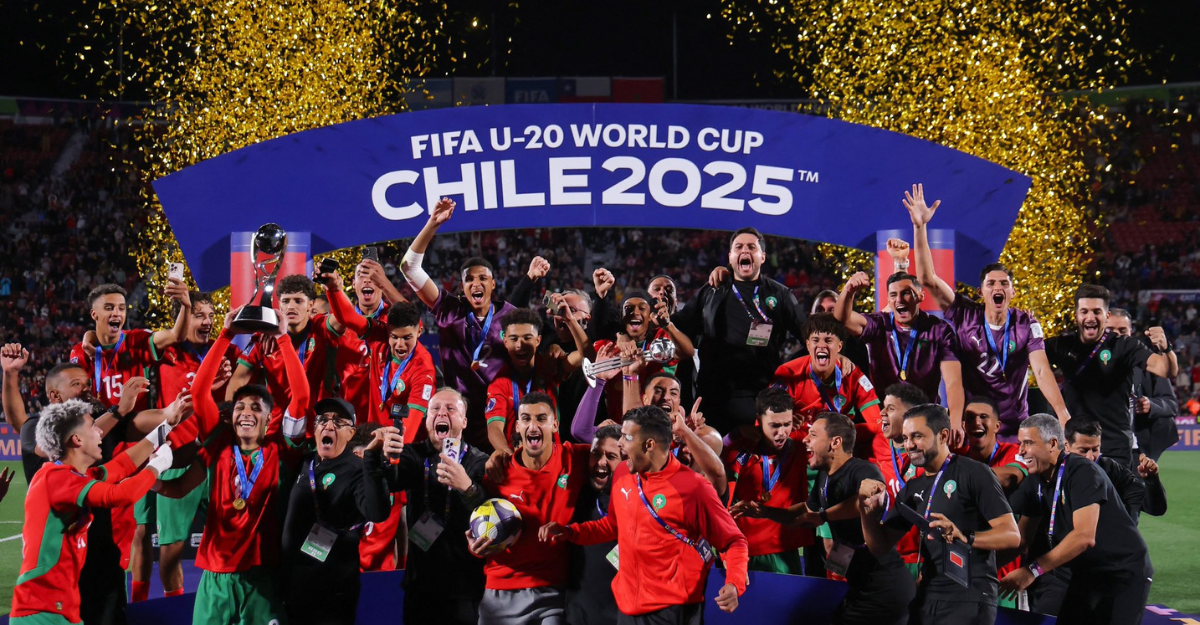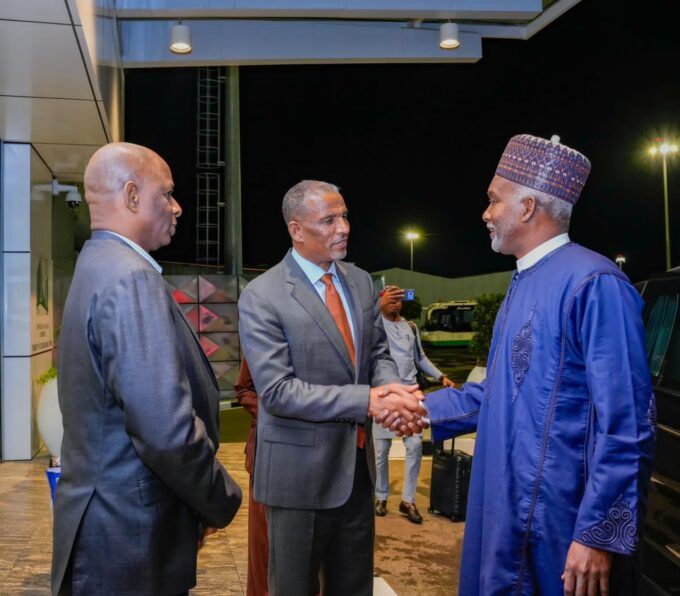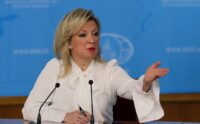Morocco has etched its name in world football history by becoming the first Arab nation and only the second African country ever to win the FIFA Under-20 World Cup, defeating six-time champions Argentina 2-0 in a thrilling final in Santiago, Chile. The victory has sent waves of celebration across the Kingdom and marked a defining moment for Moroccan football, which has experienced a meteoric rise in recent years.
The star of the night was Yassir Zabiri, who scored both goals against the Argentine side, sealing a famous victory for the Atlas Cubs. The young striker’s brilliance, combined with Morocco’s disciplined and fearless play, demonstrated the depth of talent emerging from the North African nation. The result also made Morocco the second African team ever to lift the U20 World Cup, following Ghana’s triumph in 2009.
In a statement that captured the pride of the nation, King Mohammed VI congratulated the team, hailing their “self-confidence, belief, and cohesion” as the driving forces behind their success. “As much as you have delighted passionate football fans, you have also filled us with happiness and pride,” he said. The victory sparked all-night celebrations across Morocco, with streets in cities and villages alike flooded with fans waving flags, singing, and honking car horns in joyous disbelief.
This triumph did not come by chance but through years of deliberate investment and planning. The Royal Moroccan Football Federation (FRMF) has poured significant resources into youth development, infrastructure, and coaching. A spokesperson close to the FRMF described the win as proof that “the vision worked,” reflecting the kingdom’s decade-long football revolution driven by both state and royal support.
Much of the credit goes to the Mohammed VI Football Academy, a state-of-the-art institution launched in 2009 to identify and nurture top talent. Five of the U20 World Cup-winning players are products of the academy, including Golden Ball winner Othmane Maamma, who also plays for Watford. The 19-year-old has been hailed as the “Moroccan Cristiano Ronaldo” for his technical skill, strength, and flair. The academy has also produced stars like Nayef Aguerd, Azzedine Ounahi, and Youssef En-Nesyri, key members of Morocco’s senior national team that reached the semi-finals of the 2022 FIFA World Cup in Qatar.
Morocco’s investment in football has been extensive. The kingdom’s modern $65 million training complex near Rabat features full-size pitches, an Olympic pool, medical and gym facilities, and even a five-star hotel. The FRMF has also built over 7,000 amateur pitches, revamped stadiums, and developed regional training centers to prepare for hosting both the 2025 Africa Cup of Nations and the 2030 FIFA World Cup.

However, the country’s massive spending on sports has not been without controversy. Some Gen Z protesters have voiced frustration, calling for greater funding in education, healthcare, and employment. In response, the royal palace announced an increase of 140 billion dirhams ($15 billion) in the 2026 national budget for health and education, signaling efforts to balance development priorities.
Beyond the pitch, Morocco’s football renaissance is also transforming the women’s game. The Atlas Lionesses have finished runners-up in consecutive Women’s Africa Cup of Nations tournaments and are currently hosting the Under-17 Women’s World Cup, with rights secured to host the next four editions through 2029. The country’s dominance in futsal and beach soccer further illustrates its determination to become a powerhouse across all levels of global football.
With this historic U20 World Cup win, Morocco has now cemented its place among the world’s football elite. Having already reached the men’s World Cup semi-finals in 2022 and claimed bronze in men’s football at the Paris 2024 Olympics, the nation is on a remarkable trajectory. Analysts predict that many players from the U20 squad, including Zabiri, Maamma, and centre-back Ismail Baouf, could soon break into the senior national team ahead of the 2025 Africa Cup of Nations.
“This is the future of Moroccan football,” said football analyst Jalal Bounouar. “These players have skill, discipline, and an unshakeable winning spirit. They’ve already made history, and their best is yet to come.”
As Morocco celebrates this monumental victory, one thing is clear the Atlas Cubs have not only conquered the world at youth level but have also ignited a new era of African football excellence. From the King’s vision to the players’ determination, Morocco’s dream to rise, excel, achieve, and make an impact has never been more alive.














Leave a comment